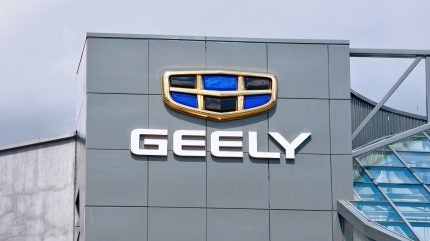
The global automotive industry is grappling with “serious overcapacity”, according to Geely chairman and founder Li Shufu.
Speaking at an auto forum in Chongqing, Li announced that the company would not pursue the construction of new manufacturing plants or expand existing facilities.

Discover B2B Marketing That Performs
Combine business intelligence and editorial excellence to reach engaged professionals across 36 leading media platforms.
This decision reported by Reuters, reflects the intense competition and price wars within the Chinese auto market, which have driven manufacturers to seek opportunities overseas.
Geely Holding, which encompasses brands such as Geely Auto, Zeekr, and Volvo, is adapting to the industry’s challenges by leveraging international partnerships rather than expanding its production footprint.
In a strategic move, Geely plans to utilise Renault’s production facilities in Brazil and acquire a minority stake in the French automaker’s Latin American operations.
However, this collaboration has faced regulatory delays, as reported by the news agency in April.
Despite the regulatory hurdles, Geely’s cooperation with Renault in Brazil has been described as successful by the company.
In another international venture, Geely Auto has partnered with Jameel Motors to introduce its new energy vehicles (NEVs) to the Polish market.
This marks Geely Auto’s first foray into Poland, tapping into the country’s burgeoning electric vehicle sector, which saw a 41% increase in battery electric vehicle sales in February 2025.
Also, Geely Holding Group’s sales figures underscore the growing demand for NEVs.
The company reported a significant 31% year-on-year increase in global vehicle sales, reaching 946,627 units in the first quarter of 2025. NEV sales, in particular, soared by 83%, accounting for nearly half of Geely’s total vehicle sales during this period.






